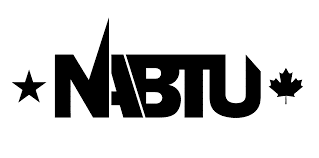Will Ragland
Ryan Koronowski
June 15, 2023
The passage of the Inflation Reduction Act, the CHIPS and Science Act, and the Infrastructure Investment and Jobs Act—two of which received broad bipartisan support—unleashed an unprecedented level of public and private sector investments in America. These investments are rebuilding the country’s infrastructure, bolstering American manufacturing, and cementing U.S. leadership in critical new industries such as clean energy, electric vehicles, and much more. In total, these investments hold the promise of creating, supporting and reshoring millions of well-paying jobs.
This tool catalogs more than 35,000 of these investments that users can filter by category, state, congressional district, amount, and/or keyword. The tracker is a valuable and growing resource for anyone who wants to learn how these laws are being put to work in their counties, in their states, and across the country.








